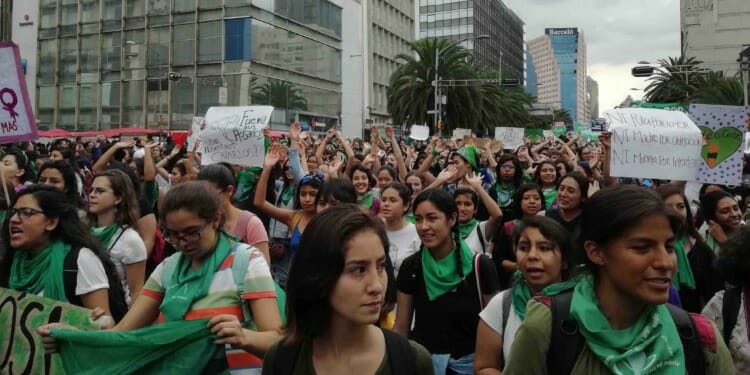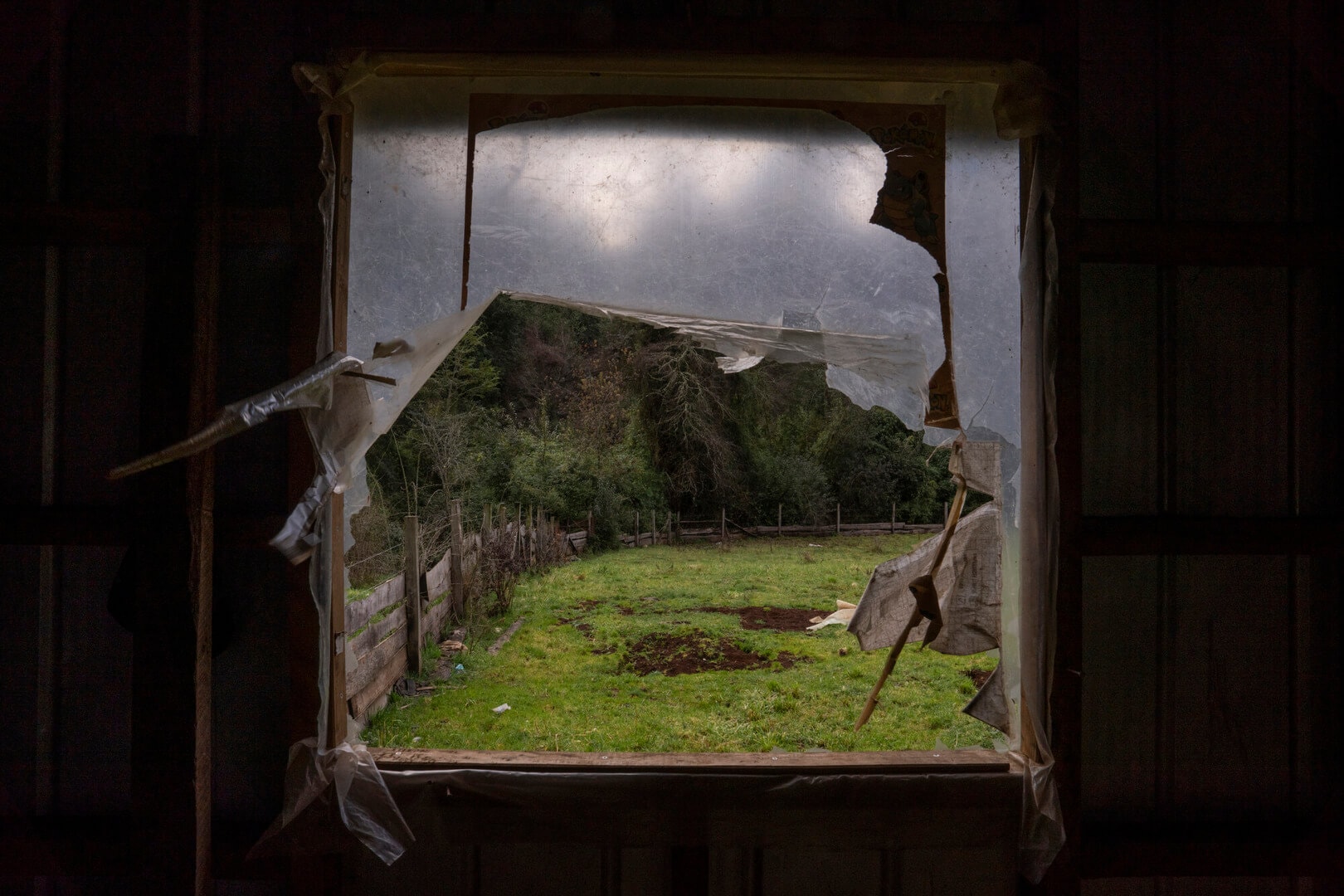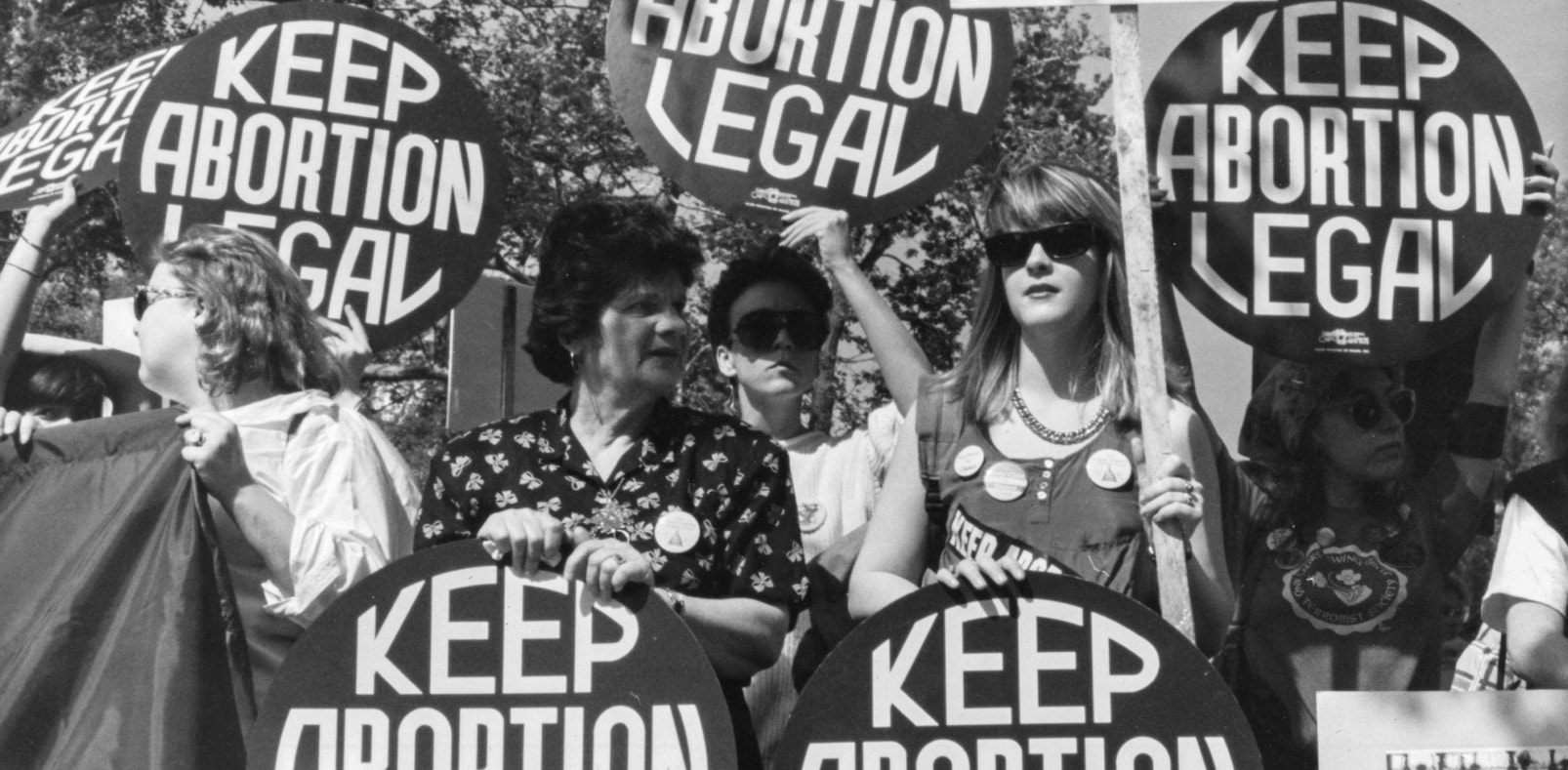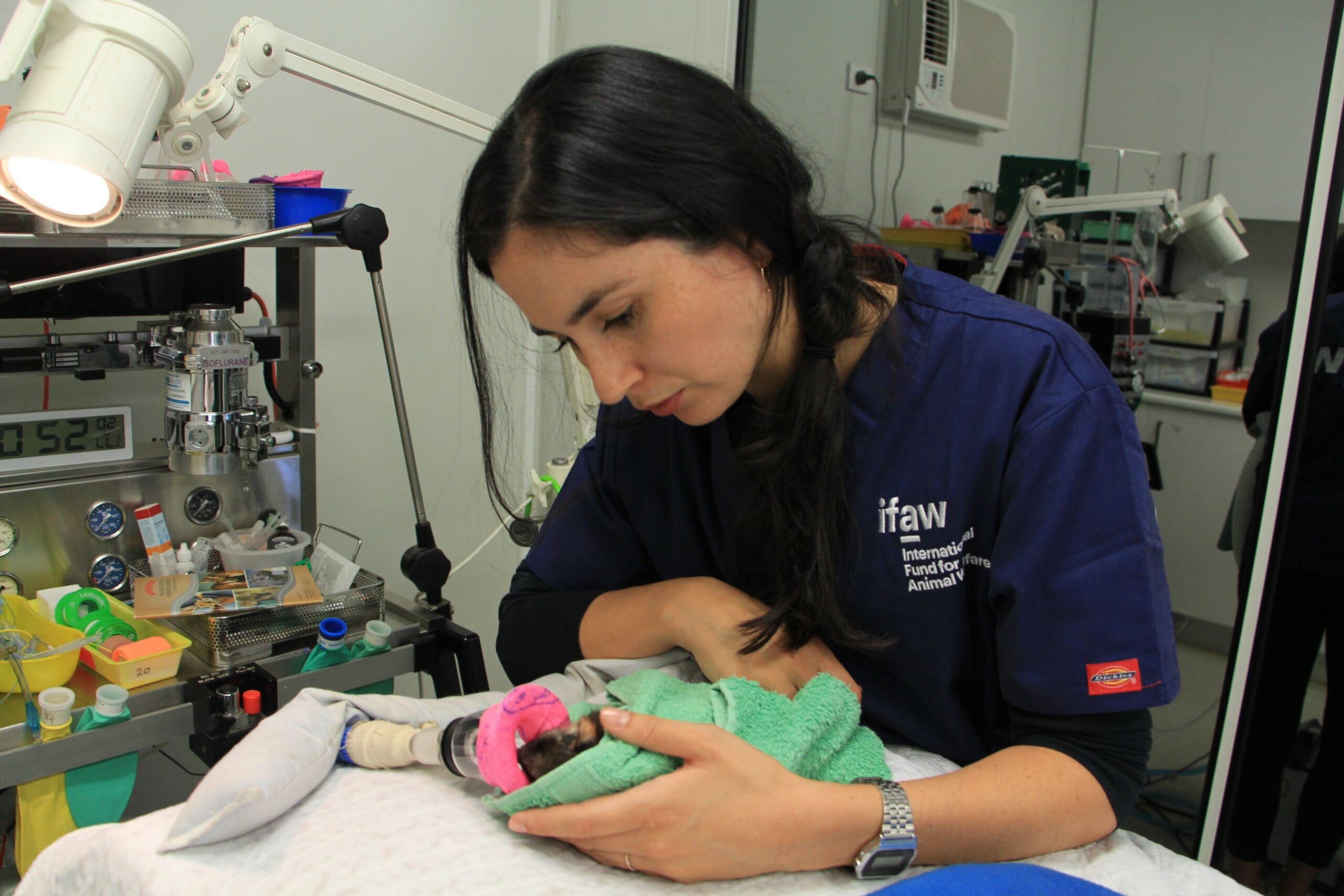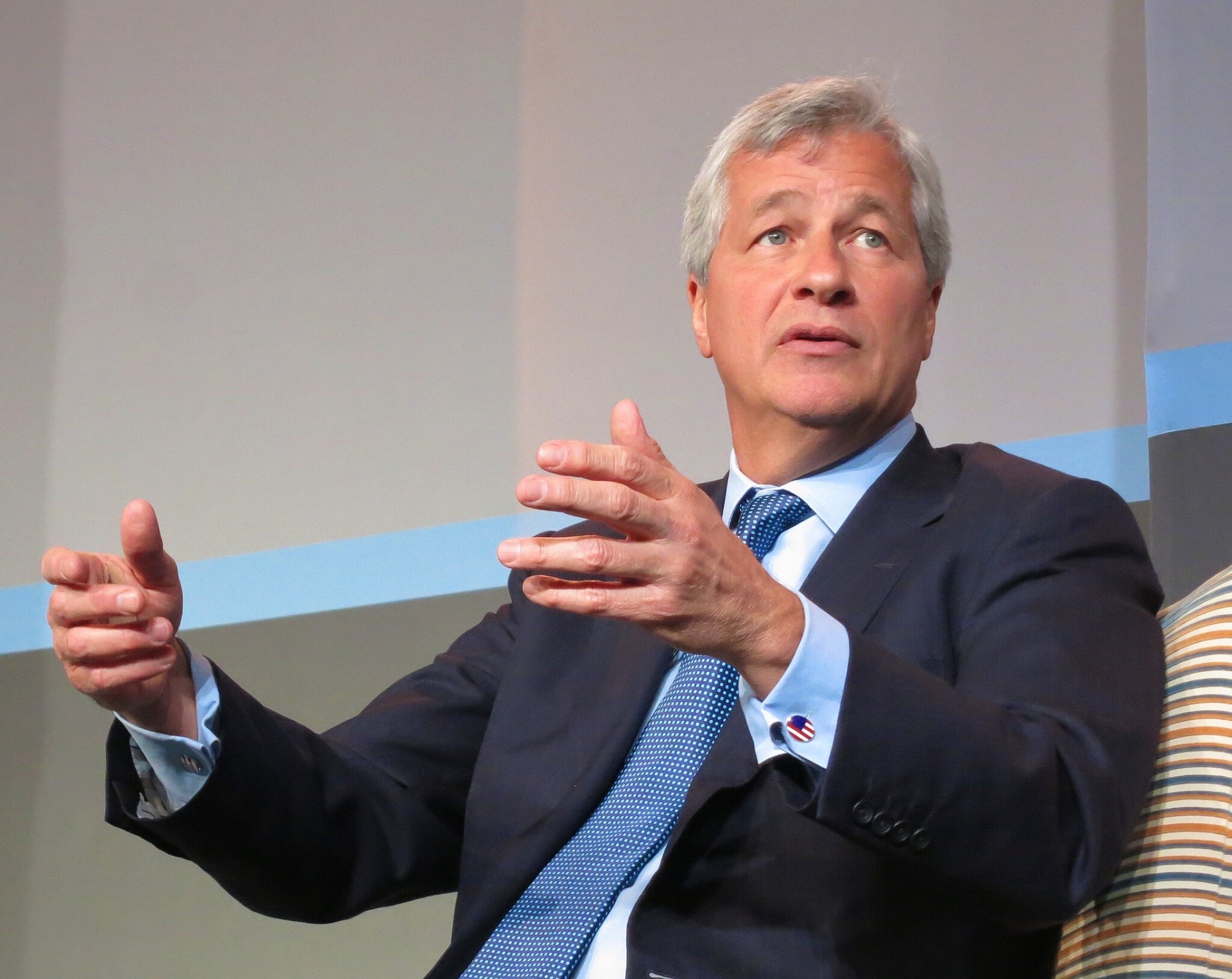In a landmark decision for the world’s second largest Roman Catholic country, Mexico’s Supreme Court unanimously ruled on September 7th, 2021, that criminalizing abortion is unconstitutional. This is a major victory for the growing women’s movement in Mexico.
With the Mexican Supreme Court’s decision to decriminalize abortion, Mexico becomes the most populous Latin American country to allow abortion. Feminist activist groups were elated by the ruling, they have been petitioning for greater rights and protections for women since Mexico City legalized abortion in 2007. However, it was also met with dismay from conservative politicians and the Catholic Church.
Arturo Zaldívar, Chief Justice of the Mexico Supreme Court, called the ruling a “watershed in the history of the rights of all women” and marked September 7th as a “historic day for the rights of all Mexican women.”
The decision comes at a turbulent time for women’s rights. Last year saw the legalization of abortion in Argentina, the first country on the continent to do so. Advocates hope that these decisions will reverberate across Latin America and that victories by women’s rights movements in one area will serve as a catalyst to the efforts in others.
However, some areas in the neighbouring United States, particularly Texas, have moved to restrict access to abortion. Just last week Texas enacted a sweeping ban on the procedure after the first six weeks of pregnancy.
Giselle Carino, chief executive of the International Planned Parenthood Federation’s Western Hemisphere region, encourages activists to use Mexico’s example to inspire their efforts, “When you have adverse conditions, like in Texas, you need to double down on your efforts.”
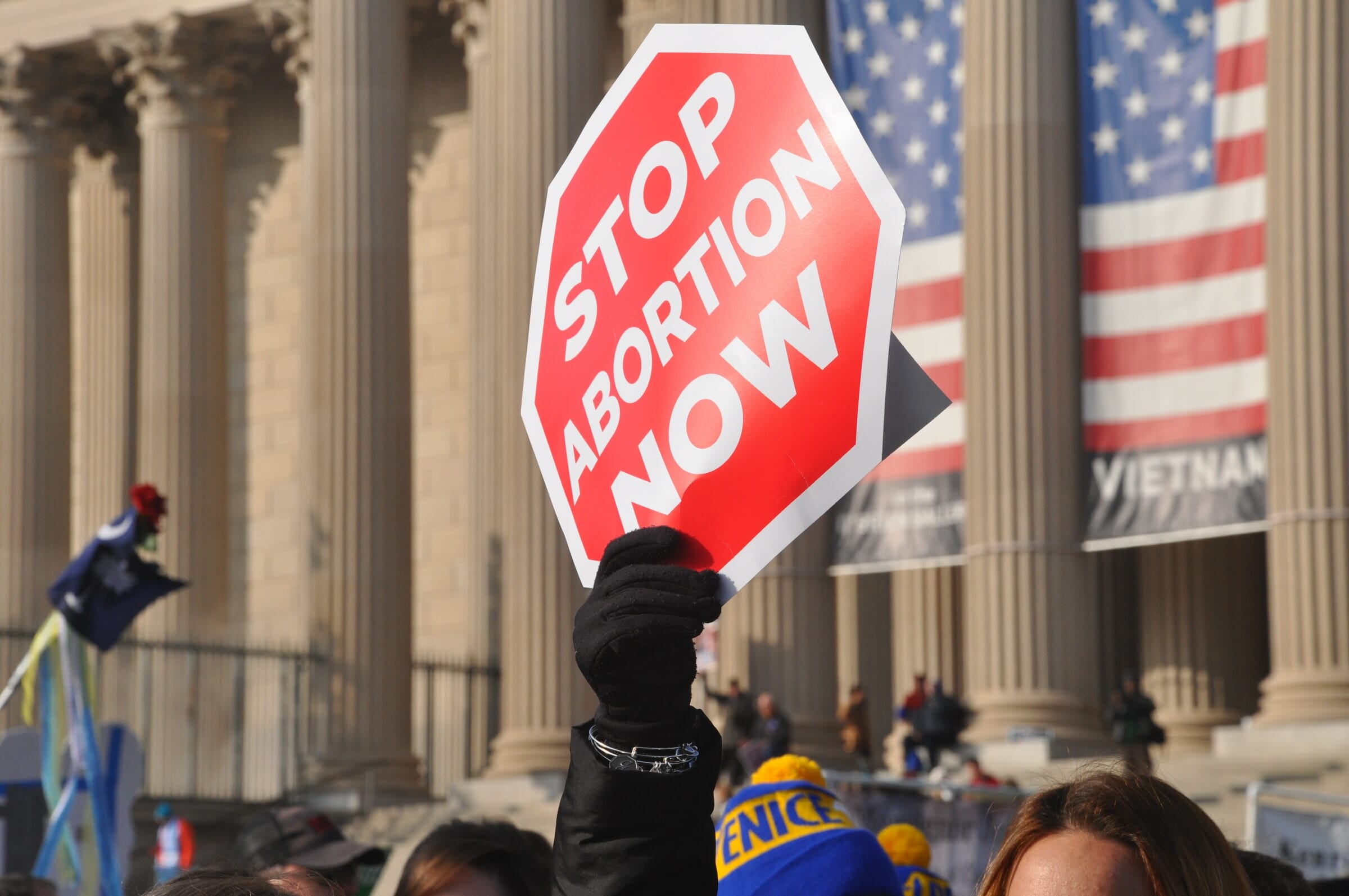
While the ruling does not automatically legalize abortion across Mexico it does set a binding precedent for judges across the country. Analysts have suggested that women arrested for having an abortion can now sue state authorities to have the charges dropped. Activists hope to be able to use this ruling to push state authorities to free women currently imprisoned for having abortions.
Prior to this decision, women could be punished with up to three years in prison for having an abortion – even in cases of rape. Karla Cihuatl, a member of the feminist organization Frente Feminista in Saltillo, believes that “this step has broken the stigma a little. But I believe that we still have to change the social aspect.” After so many years with harsh penalties in place for abortion, the pro-choice movement in Mexico will not stop at this step, “We’re very happy that abortion has been decriminalized, and now we want it to be legal,” said Cihuatl.
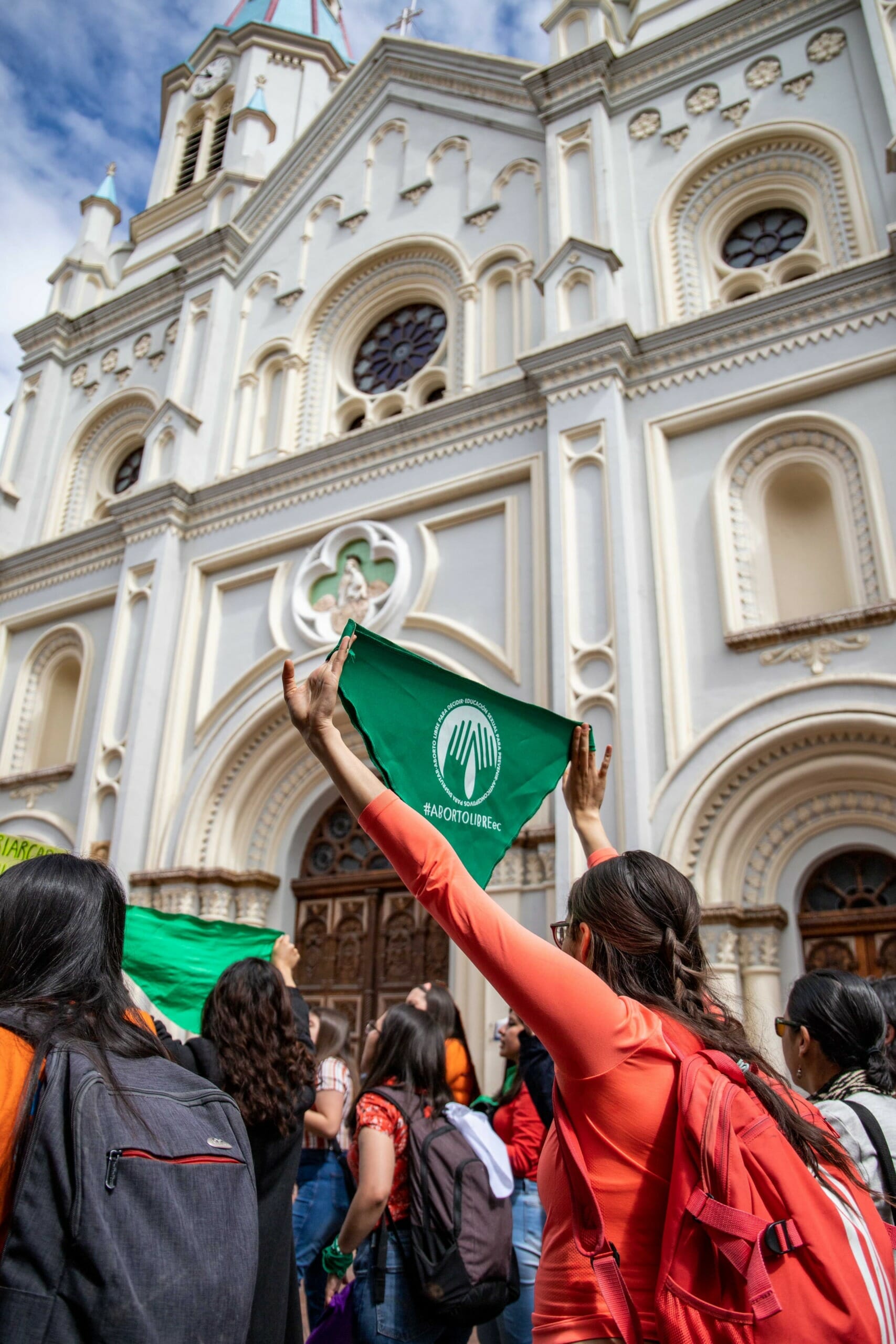
By way of opposition, with around 100 million Catholics, Mexico is the largest predominantly Catholic country after Brazil. The Catholic Church opposes all forms of abortion procedures. Bishop Alfonso Miranda Guardiola, the secretary-general of the Mexican Episcopal Conference, said in a sermon on Tuesday “We cannot remain indifferent, silent, fearful when life is in such danger”.
In short, Mexico’s religious leaders remain steadfast in the condemnation of abortion.
Mexico’s leftist President Andres Manuel Lopez Obrador has avoided taking a stance one way or the other. He placed all the onus on the court saying, “Due my presidential office, I can’t expose myself to wear and tear, so I have to look after myself, and this is quite a controversial issue.”
Related Articles: Texas Passes New Abortion Law | Mexico Joins Bolivia in Efforts to Stop Violence Afganistan Women in Politics
By contrast, Foreign Minister Marcelo Ebrard, who was mayor of Mexico City when the capital legalized abortion in 2007, celebrated the court ruling and tweeted “great day for the rights of women.” Ebrard stands as one of the leading contenders to succeed Obrador as President when his term ends in 2024, he went on to write, “What advances there have been in progressive causes in our country!!! I am very happy!!”
A day of reform has dawned in Mexico and this ruling marks the first step towards fundamental change for Mexican society. Change that has been hard fought for by women’s rights activists and continues to be opposed by religious leaders in the country. Perhaps Chief Justice Saldívar said it best “Now begins a new path of freedom, of clarity, of dignity and respect for all pregnant people, but above all, for women. Today is one more step in the historic fight for their equality, for their dignity and for the full exercise of their rights.”
Editor’s Note: The opinions expressed here by Impakter.com columnists are their own, not those of Impakter.com. — In the Featured Photo: A group of women hold a march on Global Action Day for legal and safe abortion. Featured Photo Credit: Wikimedia Commons.


